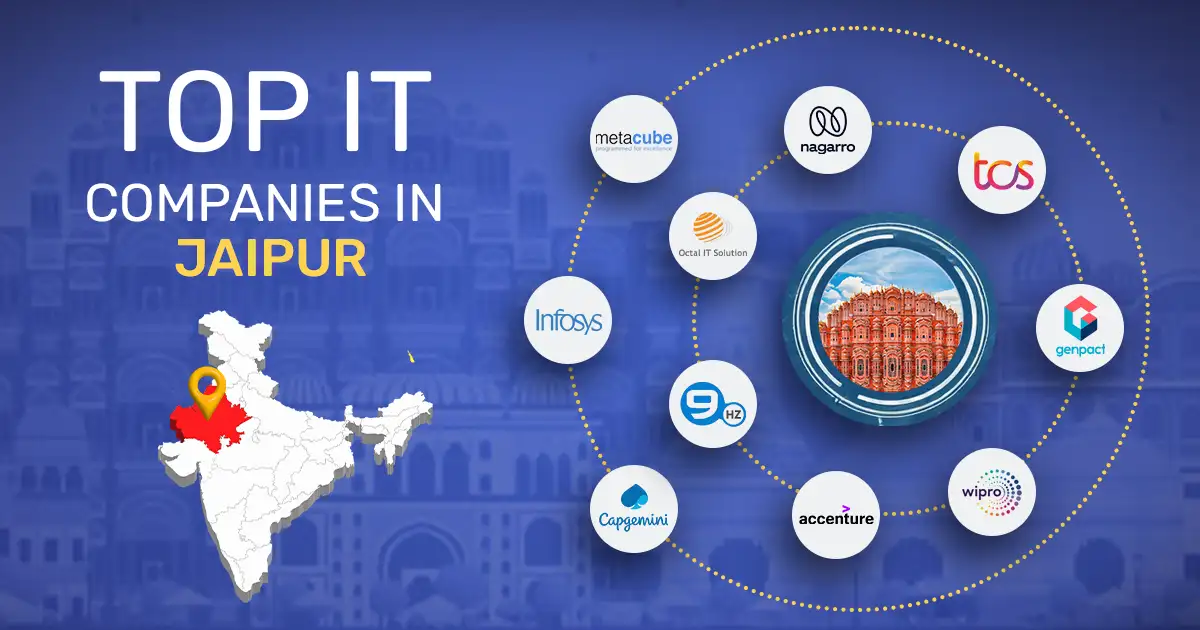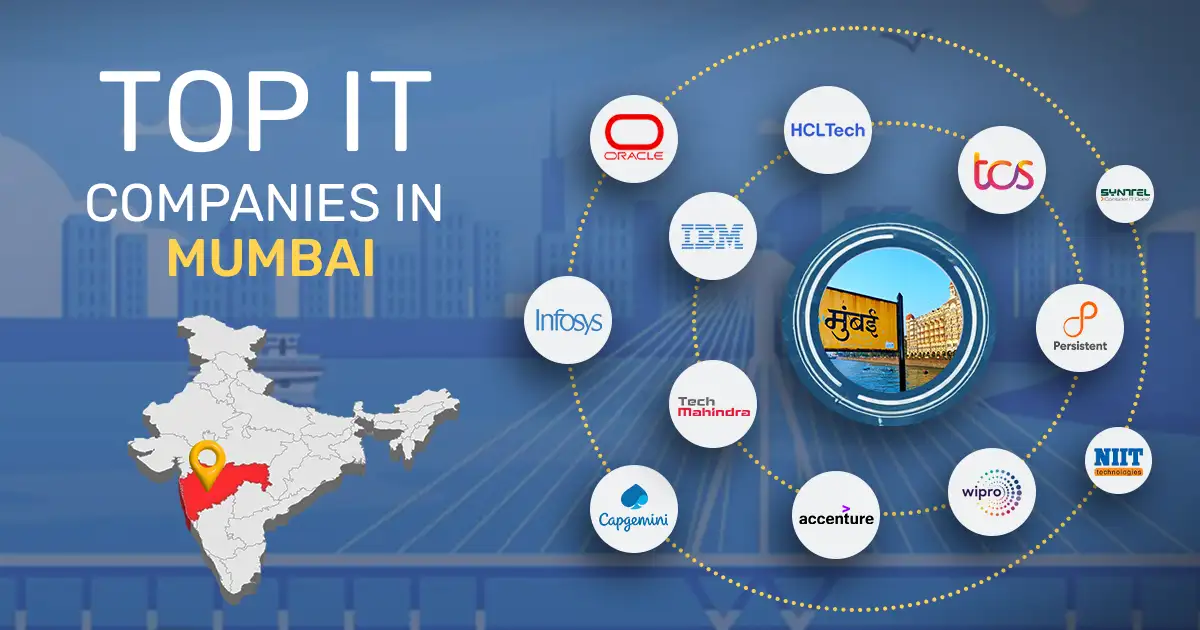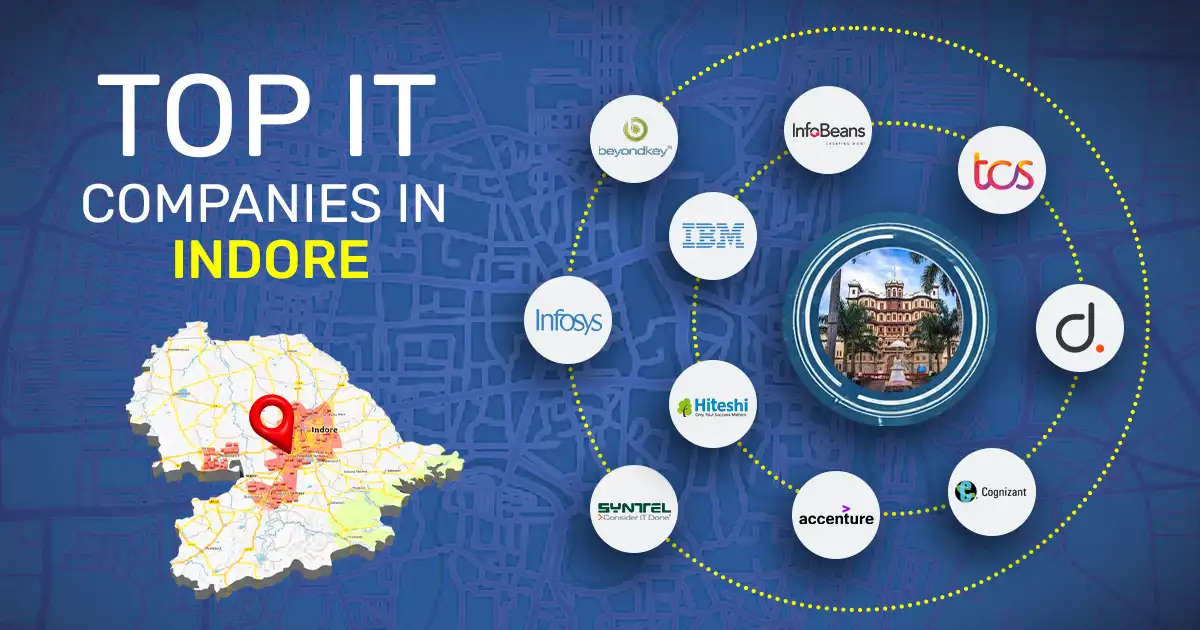
Knowing about the fees for registering a One Person Company (OPC) is crucial, especially for solo entrepreneurs. Ignoring these costs can lead to unexpected financial strain and delays in starting your business. Accurate knowledge of registration expenses allows you to budget effectively, avoid last-minute surprises, and ensure a smooth incorporation process.
An OPC offers major advantages, including limited liability protection, a separate legal identity, and perpetual succession. However, these benefits come with mandatory costs that must be carefully planned to complete the registration successfully.
The total cost of OPC registration is not a single fee but a combination of several components, which can be broadly divided into two main categories:
1. Government Fees
- ROC filing (SPICe+ forms)
- MOA & AOA registration (based on share capital)
- Stamp duty (varies by state)
- DIN & name reservation charges
2. Professional Fees
- Drafting MOA & AOA
- Filing with MCA
- DSC & DIN application
- PAN & TAN registration
- Legal/compliance consultancy
The overall OPC registration fees mainly depend on the authorised share capital, the state of registration (stamp duty rates), and the professional service provider chosen.
What are the Fees for One Person Company Registration in India?
Registering a One Person Company (OPC) in India involves government charges, legal requirements like DSC and DIN, and professional service fees. Fees vary based on registration requirements, government norms, and the level of professional assistance needed. Knowing these fees beforehand helps plan your budget and ensures smooth registration.
| Fee Type | Approx. Amount | Details |
| Government Filing Fees | ₹1,000 and above (based on authorized capital) | Covers ROC filing, SPICe+ forms, and name reservation charges. Fees increase with higher authorized capital. |
| Digital Signature Certificate (DSC) | ₹1,000 – ₹2,000 per DSC | A DSC is required for digitally signing incorporation documents. Every director must obtain one, and the cost may vary depending on the provider. |
| Director Identification Number (DIN) | ₹500 per DIN | A DIN is a unique identification number issued to the proposed director. At least one DIN is mandatory for OPC registration. |
| Professional / Consultancy Fees | ₹5,000 – ₹15,000 (varies by service provider) | These are charges taken by professionals, consultants, or legal firms for handling paperwork, filings, and compliance procedures. The fees vary depending on the firm’s experience and the complexity of the process. |
Detailed OPC Registration Government Fees Structure
When registering a One Person Company (OPC) in India, the government charges different fees depending on the company’s authorized share capital and the state of incorporation.
| Fee Applicable | Authorized Capital / Condition | Amount (₹) |
| SPICe+ Form Filing | Up to ₹15 Lakhs | Nil |
| Above ₹15 Lakhs | 500 | |
| Articles of Association (AOA) | Up to ₹15 Lakhs | Nil |
| ₹15 Lakhs – ₹50 Lakhs | 12,000 + 200 for every ₹10,000 (or part thereof) | |
| ₹50 Lakhs – ₹1 Crore | 1,56,000 + 100 for every ₹10,000 (or part thereof) | |
| More than ₹1 Crore | 2,06,000 + 75 for every ₹10,000 (or part thereof) | |
| Note | If the fee on authorized capital exceeds ₹2.5 Crore | Maximum capped at ₹2.5 Crore |
| Memorandum of Association (MOA) | Up to ₹15 Lakhs | Nil |
| ₹15,00,001 – ₹24,99,999 | 400 | |
| ₹25,00,000 – ₹99,99,999 | 500 | |
| ₹1 Crore and above | 600 | |
| Stamp Duty | State-specific | Varies by state |
What are the Advantages of a One Person Company (OPC)?
A One Person Company (OPC) is designed to give solo entrepreneurs the benefits of a private limited company without needing multiple members. It offers enhanced protection, credibility, and flexibility compared to a sole proprietorship.
- Limited Liability: One of the biggest benefits of an OPC is limited liability protection. The owner’s personal assets are kept safe even if the company faces losses or debts. Banks or creditors can only claim the company’s assets, not the personal belongings of the director.
- Credibility: Since an OPC is registered as a private limited company, it carries more trust and recognition than a normal proprietorship. It receives a Certificate of Incorporation from the Registrar of Companies, which confirms its legal status and improves its credibility with clients, investors, and banks.
- Continuity of Existence: An OPC continues to exist even if the owner is unable to run it. A nominee director, appointed at the time of incorporation, can take over, ensuring uninterrupted business operations.
- Separate Legal Entity: An OPC is considered a separate legal entity from its owner. This means the company itself can own property, take loans, or sign contracts in its own name. The owner is not personally responsible for the company’s debts, which provides legal and financial protection.
- Incorporation by NRIs: As per the Union Budget 2021-22 amendments, Non-Resident Indians (NRIs) are also allowed to form OPCs in India. Any NRI who has stayed in India for at least 120 days in the previous financial year can register an OPC, giving global entrepreneurs more opportunities to set up businesses here.
What Are the Factors Affecting OPC Registration Fees?
The total cost of registering a One Person Company (OPC) in India is not fixed and depends on several factors. Understanding these factors helps entrepreneurs plan their budget efficiently and avoid unexpected expenses. Key factors influencing OPC registration fees include:
1. Authorized Share Capital
The primary factor affecting registration fees is the company’s authorized share capital. Higher capital increases government filing fees for SPICe+ forms, MOA/AOA registration, and stamp duty. Entrepreneurs can optimize costs by starting with an appropriate capital suitable for business needs.
2. State of Incorporation
Stamp duty and some registration charges vary across states. For example, stamp duty for MOA/AOA may be higher in certain states. Choosing a state with lower fees can help reduce overall registration costs.
3. Professional Service Charges
Hiring consultants, legal experts, or firms to handle registration involves additional costs. Charges vary depending on the service provider’s experience and the complexity of the process. Platforms like RegisterKaro make it easier to find cost-effective, reliable professionals.
4. Number of Directors / DSC Requirements
Each director must have a Digital Signature Certificate (DSC) and a Director Identification Number (DIN). The number of directors affects DSC and DIN costs, which in turn impact total registration fees.
5. Complexity of Incorporation
If additional requirements like nominee appointments, special MOA clauses, or legal compliance checks are needed, professional fees may increase. Simplifying processes and planning in advance can help control these costs.
6. Conversion or Future Changes
Future changes, like converting an OPC into a Private Limited Company, require additional ROC filings, MOA/AOA amendments, and stamp duty. Anticipating such changes early can help budget for potential extra costs.
For a detailed breakdown of company registration costs, including OPC and other business types, check out the blog on “Cost of Company Registration in India: A Complete Breakdown”.
Steps to Minimize OPC Registration Costs
Setting up an OPC can be affordable if you plan carefully and follow cost-saving measures. By understanding government fees, professional charges, and registration requirements, entrepreneurs can reduce unnecessary expenses.
1. Opt for Minimum Authorized Capital
Choosing a lower authorized share capital reduces government filing fees and stamp duty. While there’s no fixed minimum, small-capital OPCs incur lower costs. Start with sufficient capital to cover initial expenses without overpaying fees.
2. Complete Some Steps Yourself
Certain registration tasks, like document preparation, name availability check, or DSC application, can be handled by the promoter. Doing minor steps independently reduces reliance on professional services, saving consultancy fees.
3. Compare Professional Service Providers
Consultancy charges vary among service providers. Comparing multiple providers helps find affordable and reliable options. Platforms like RegisterKaro make it easy to access trustworthy consultants for cost-effective registration.
4. Choose a Cost-Effective Registered Office
You can use a residential address for registration instead of a commercial office to save on rent or NOC-related costs. Ensure the address meets MCA requirements and can receive official communication.
5. Plan for State-Wise Stamp Duty
Stamp duty differs across states, impacting registration costs. Research your state’s applicable rates in advance. Proper planning ensures no surprises and helps estimate total registration expenditure accurately.
6. Avoid Frequent Changes
Making changes to the company name, MOA/AOA, or directors after registration can increase fees. Finalize details beforehand to minimize additional costs. Careful planning reduces post-registration charges significantly.
Final Note
Registering a One Person Company (OPC) in India provides benefits like limited liability, separate legal identity, and credibility. However, it comes with certain costs, including government filing fees, MOA and AOA registration, DIN and DSC charges, and state-specific stamp duty, which must be planned.
Professional service fees for consultants or legal experts may vary depending on the provider and the complexity of the registration. Factors like authorized share capital and choice of service provider can influence the total cost, so careful budgeting is important.
To ensure a smooth process, check state-specific stamp duty rates, understand the fee structure, and get clear quotes from service providers. Tools like an OPC cost calculator or services from RegisterKaro can help estimate costs accurately, making registration transparent and stress-free.
For expert assistance and end-to-end OPC registration support, contact RegisterKaro today and get started with confidence.
Frequently Asked Questions
OPC registration fees include government filing charges, professional fees, and other mandatory costs. These fees depend on the company’s authorized share capital and the state of registration. Basic government fees start from around ₹1,000 for small capital OPCs, while professional charges vary depending on the service provider. Knowing the overall fees helps plan the budget efficiently.




